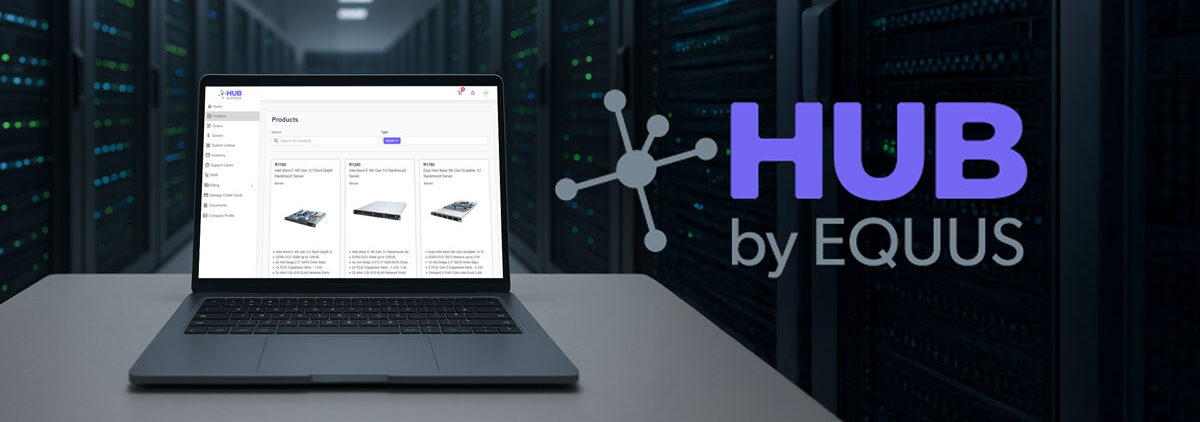There is a lot of buzz around AI, with many saying it will steal jobs. But while you can’t deny that AI will make some jobs unnecessary, it’s more likely to make workers more efficient and satisfied with their work. Since many of the rote tasks they perform day-to-day will become automated, workers will be able to focus on what’s most important, jobs that require human interaction and creativity.
But labor isn’t the only aspect of work AI has impacted. Mckinsey & Company reports that retailers that have implemented AI-driven personalization have seen sales gains of 6-10%, which is two to three times higher than other retailers. The retail sector has experienced a digital revolution in recent years, and AI has been a key driver of this transformation.
This article will explore how AI can be leveraged in retail to improve operations, enhance customer experience, and optimize decision-making processes.
5 Indispensable Benefits of AI for Retail Executives
1. Enhancing Customer Experience through Personalization. AI-powered personalization algorithms analyze vast amounts of data (including customers’ shopping histories, preferences, and browsing behavior) to deliver highly relevant product recommendations and content. This targeted approach results in an improved shopping experience and increased customer loyalty — not to mention compelling sales gains. Retail executives can use this information to make strategic decisions regarding inventory management, marketing campaigns, and customer segmentation, ensuring resources are allocated efficiently and effectively.
2. Intelligent Inventory Management. Effective inventory management helps retailers minimize costs, optimize stock levels, and meet customer demand. AI can help reduce forecasting errors by 20-50%, translating into a reduction in lost sales and product unavailability of up to 65%. By implementing AI-powered inventory management systems, retail executives can make data-driven decisions to optimize stock levels, minimize stockouts, and reduce holding costs — ultimately improving overall operational efficiency.
3. Dynamic Pricing Strategies. Pricing is critical in retail strategy, as it directly impacts customer behavior, revenue, and profitability. AI-powered dynamic pricing tools use machine learning algorithms to analyze competitor pricing, customer demand, and other market factors, enabling real-time price adjustments to maximize revenue and profitability. With these insights, retail executives can make strategic decisions about pricing policies, ensuring competitiveness in the market while safeguarding margins.
4. Automating Supply Chain Management. AI can streamline supply chain management by automating various processes, such as demand forecasting, vendor selection, and shipment tracking. With advanced analytics and machine learning capabilities, AI systems can identify patterns and trends in data, helping retail executives make better-informed decisions on supplier relations, order management, and shipment prioritization — ultimately enhancing efficiency and reducing costs.
5. Enhanced Customer Support. AI-powered chatbots and virtual assistants can amplify customer support capabilities by providing instant, personalized responses to customer queries. These tools can handle a high volume of requests, reducing wait times and improving overall customer satisfaction. The insights gleaned from these interactions can help identify common customer pain points and inform strategic decisions about product development, marketing, and customer service improvements.
Align Your Hardware To Power Your AI Needs
Investing in AI solutions can help retail businesses stay ahead of the curve and adapt to the ever-changing needs of their customers, ensuring long-term success and growth. But training models for different retail tasks can take a large amount of processing that, with the right technology, can be paralleled and accelerated. Enter Habana Gaudi. First-generation Gaudi delivers up to 40% better price performance than comparable GPU-based solutions, and its successor redoubles those benefits.
Equus Compute Solutions is a Habana partner with over 30 years of industry experience. If you would like to deploy Habana Gaudi technology in your data center, we can help. Contact us to learn more.








